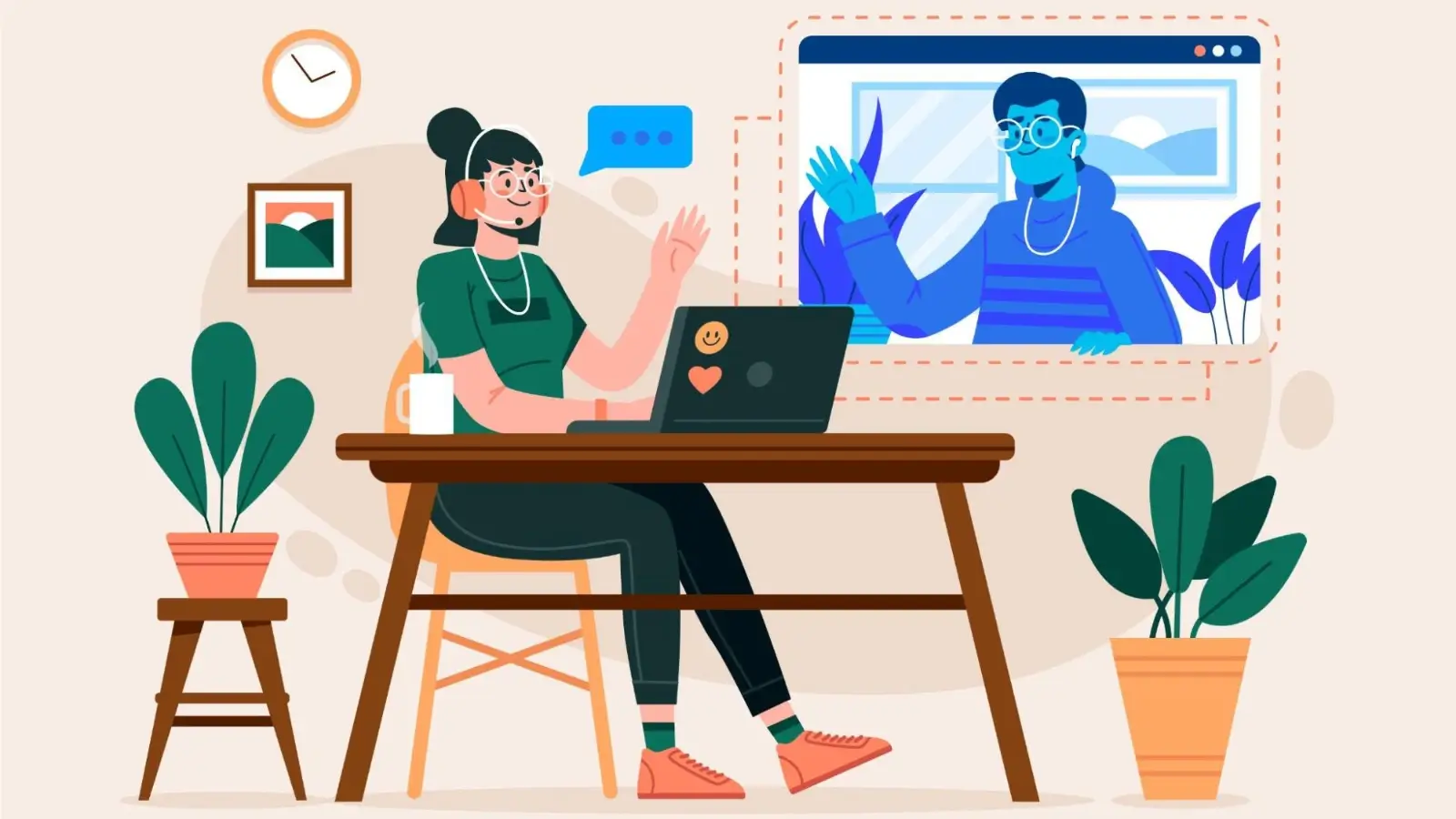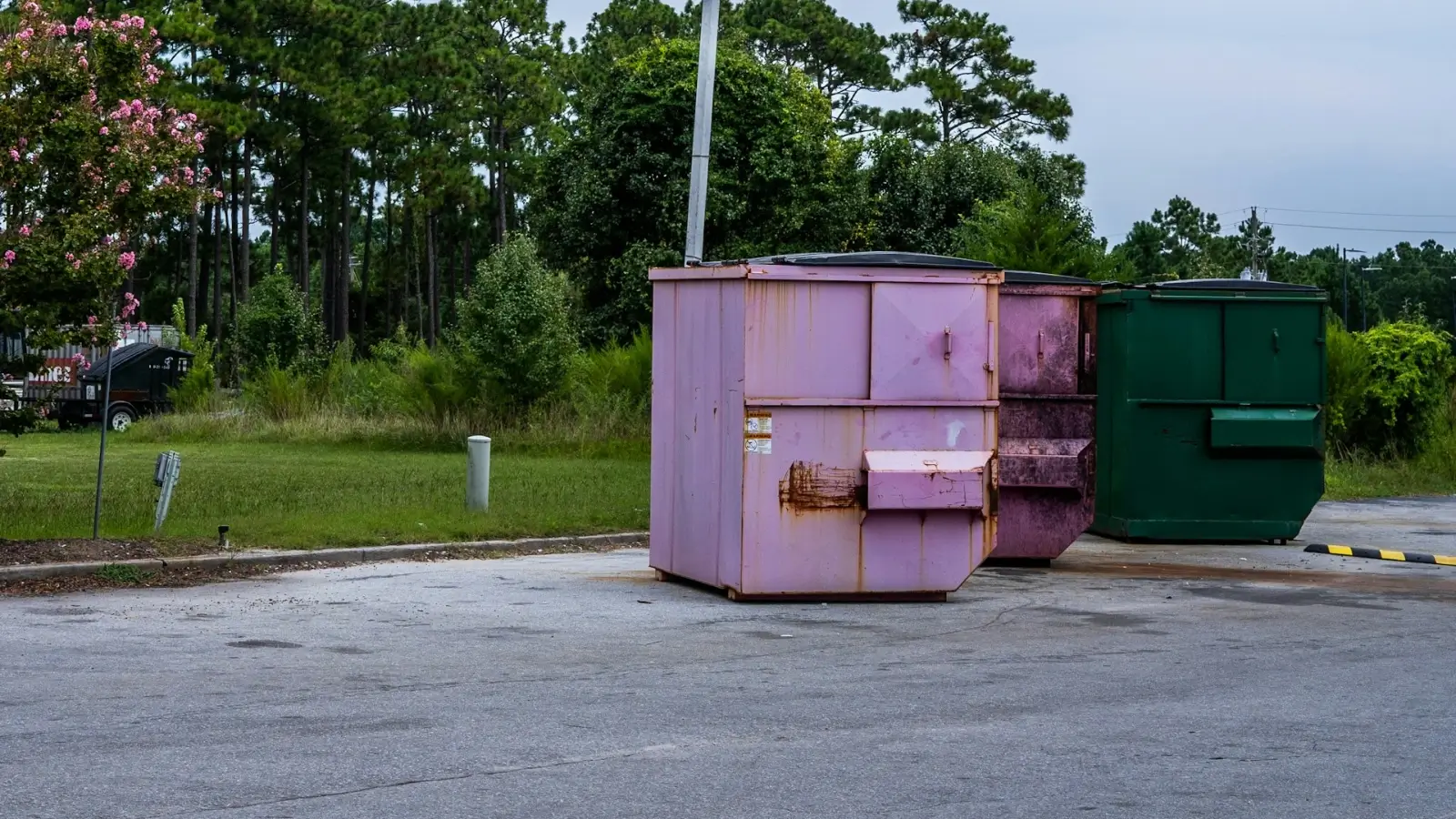Picture this: You’ve just received your NDIS plan. It feels like you’re holding a golden ticket—a map to a better quality of life. But as you look closer, the map is filled with unfamiliar terms, dozens of providers, and a maze of choices. You know the destination—independence, support, and empowerment—but how do you get there?
This is the exact moment when Support Coordination in Melbourne becomes helpful and essential.
Whether you live in the buzzing laneways of Fitzroy or the scenic edges of regional Victoria, navigating the NDIS without local know-how can feel like steering through Melbourne traffic during peak hour—slow, frustrating, and a little overwhelming. But don’t worry—we’re about to show you how support coordinators are the GPS guiding you through the twists and turns of the system.
What Is Support Coordination?
In plain language, support coordinators offering Support Coordination in Melbourne are the translators, connectors, and problem-solvers of the NDIS world. Think of them as your personal project manager.
They help you:
-
Understand your NDIS plan and budget.
-
Find and connect with the right providers.
-
Coordinate services so everyone’s on the same page.
-
Troubleshoot issues (because they will pop up)
-
Build your ability to manage your plan more independently over time.
In Melbourne, where choice and complexity go hand in hand, having a savvy local support coordinator is a game-changer.
Melbourne: A City of Possibility—and Challenges
Melbourne isn’t just a city. It’s a sprawling collection of suburbs, cultures, and communities—each with its rhythm. From the tightly packed high-rises of Southbank to the quiet paddocks of rural Victoria, access to NDIS services varies wildly.
Let’s look at how Support Coordination in Melbourne adapts to meet the needs of each unique setting.
1. Inner-Metro Melbourne: Abundant Options, Hidden Pitfalls
If you’re based in areas like Brunswick, Richmond, or Docklands, you’ll likely have a long list of NDIS providers within a 10km radius. Allied health clinics, disability support agencies, mental health services—they’re all here.
The Challenge?
Too much choice can be paralysing. Some providers have six-month waitlists. Others may look good on paper but aren’t the right cultural or practical fit. And trying to coordinate between multiple therapists, carers, and service providers can feel like spinning plates.
The Support Coordinator’s Superpower:
Support Coordination in Melbourne from experts offers the inside scoop. They know which clinics have flexible appointments, which support workers align with your goals, and which services are worth your time. They’ll also advocate for you if something goes wrong—consider them your NDIS wingperson.
2. Outer Suburbs: Creative Coordination in Action
Head out to places like Werribee, Frankston, or Craigieburn, and you’ll find communities growing faster than services can keep up. Demand is high, and supply can be patchy.
The Challenge?
You may struggle to find the right provider nearby. Or you might have limited transport options, making it hard to access city-based services.
The Support Coordinator’s Superpower:
Adaptability. Coordinators providing Support Coordination in Melbourne in these areas often get creative, using mobile services, sourcing virtual therapy sessions, or collaborating with local councils and community groups to fill the gaps. They don’t just think outside the box—they live outside it.
3. Regional Victoria: The Strength of Community
The landscape changes entirely in regional areas like Shepparton, Warragul, or Mildura. It’s not just about what's available—it’s about making the best of limited resources.
The Challenge?
Long travel distances—fewer registered providers. And let’s be honest—NDIS systems aren’t always set up with small-town living in mind.
The Support Coordinator’s Superpower:
Community connections. Local coordinators helping with Support Coordination in Melbourne know every workaround, every telehealth hack, and every community nurse who goes the extra mile. They’ll even help you advocate for additional funding if your location demands more travel or specialised supports.
The Opportunities: Why Melbourne Is Still a Great Place to Be an NDIS Participant
While the challenges are real, Melbourne offers some unique advantages that set it apart:
Specialist Services Galore
Want equine therapy? Assistive tech training? Deaf-specific counselling? You’ll find it here. Support coordinators know which niche services are available and how to get you in the door.
Cultural Diversity
Melbourne’s multicultural richness means you can often find providers who speak your language—literally and figuratively. Many support coordinators have experience working with CALD (Culturally and Linguistically Diverse) communities, helping bridge cultural gaps in care.
Inclusive Communities
Support coordinators can link you to local disability advocacy groups, peer networks, or community events that align with your interests—adaptive sports, social clubs, or creative arts programs.
Real Stories, Real Impact
Take Mariam, for example—a young woman in the northern suburbs struggling to find a female Arabic-speaking occupational therapist. Her Melbourne-based support coordinator tapped into a lesser-known provider network and found a perfect match within two weeks.
Or James, a participant in regional Victoria who had no access to local psychologists. His coordinator negotiated with a metro-based provider to offer telehealth sessions and even helped secure funding for better internet access so he could attend them from home.
These aren’t exceptions—they’re what effective Support Coordination in Melbourne looks like daily.
How to Choose the Right Support Coordinator
Not all support coordinators are created equal. A good one will:
-
Take the time to understand your goals, not just your diagnosis.
-
Know your area well and have strong local networks.
-
Be proactive, not reactive.
-
Communicate clearly and regularly.
-
Empower you to build confidence and take control.
Ask about their previous work in your area. Don’t hesitate to request someone with cultural or language knowledge that matches your needs. And remember—it’s okay to change coordinators if the fit isn’t right.
Final Thoughts: You’re Not Alone on This Journey
Navigating the NDIS in Melbourne isn’t always easy, but it doesn’t have to be isolating or confusing. With the right support coordinator from LinkAssist, your plan becomes more than a document—it becomes a launchpad for real, lasting change.
Whether facing decision fatigue in metro Melbourne or limited options in the outer regions, local coordinators bridge what’s possible and practical. Their local insight, creative problem-solving, and advocacy skills transform the NDIS from a system to a support network that works for you.
So if you’re holding that golden ticket and wondering where to start, start with support coordination. In Melbourne, it might just be the most brilliant move you make.















